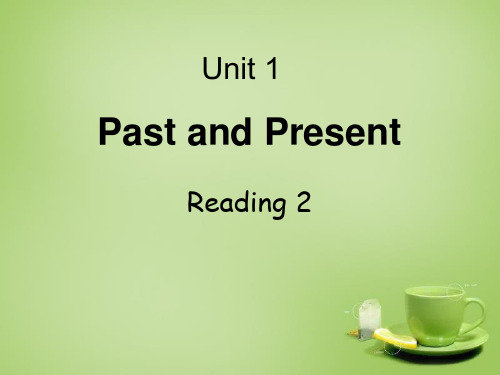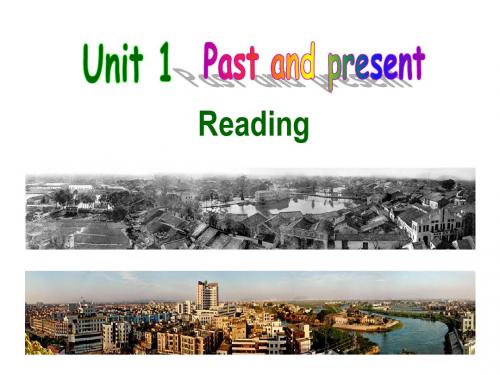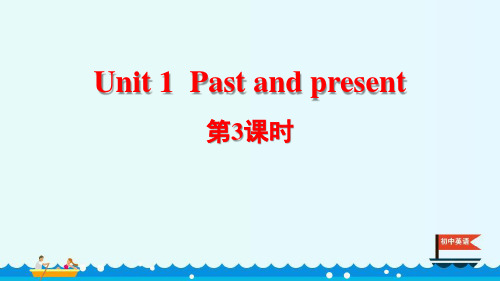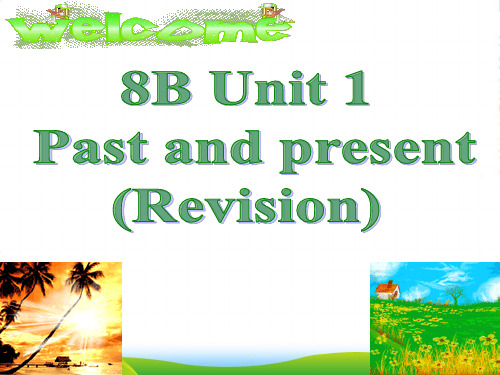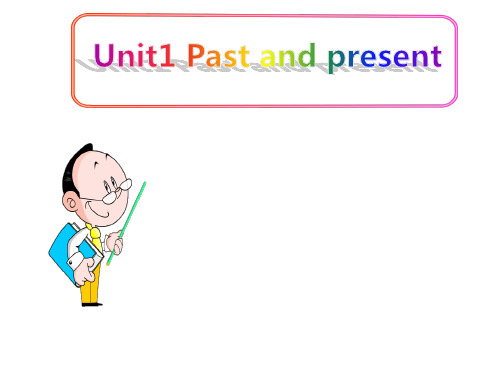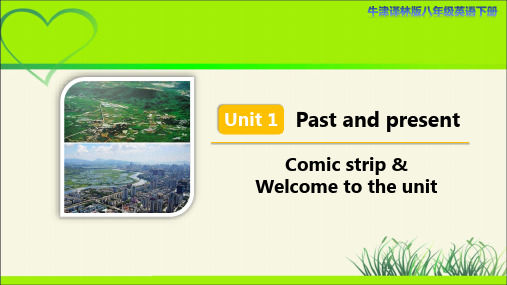2.I haven’t seen her for a long time.
(我好久没有见到她了。)
上一页
下一页
选用 for和 since填空:
1.We haven’t seen each other ______ a lonfgortime.
2.His father has been in the Party ______ 10 yeasirnsceago.
“Has the bus left yet”?
“Yes. It has already left.” “No. It hasn’t left yet.
“汽车开走了吗?”
“是的,已经开走了。”
“不,还没有开走。 ”
上一页
下一页
“already” 用于现在完成时的肯定句中, “yet” 用于现 在完成时的否定句和疑问句中.
他在上海10年了。
She has been in Shanghai for ten years 他已学英语五年了。
He has studied English for five years.
他去上海了。
He has gone to Shanghai.
现在完成时的时间状语
◆常与不确定的时间状语连用,如:already, never, ever, just, yet, before, up to now, so far, for the
(“你曾经看过这部影片吗?” “没有, 从来没看过。”)
Nobody in our class has ever been there. (我们
班没有人去过那。)
上一页
下一页
★八、already和yet常见于现在完成时中,有“已 经”之意。前者一般用在肯定句中,后者用在疑 问句中。yet在否定句中有“还”之意。
